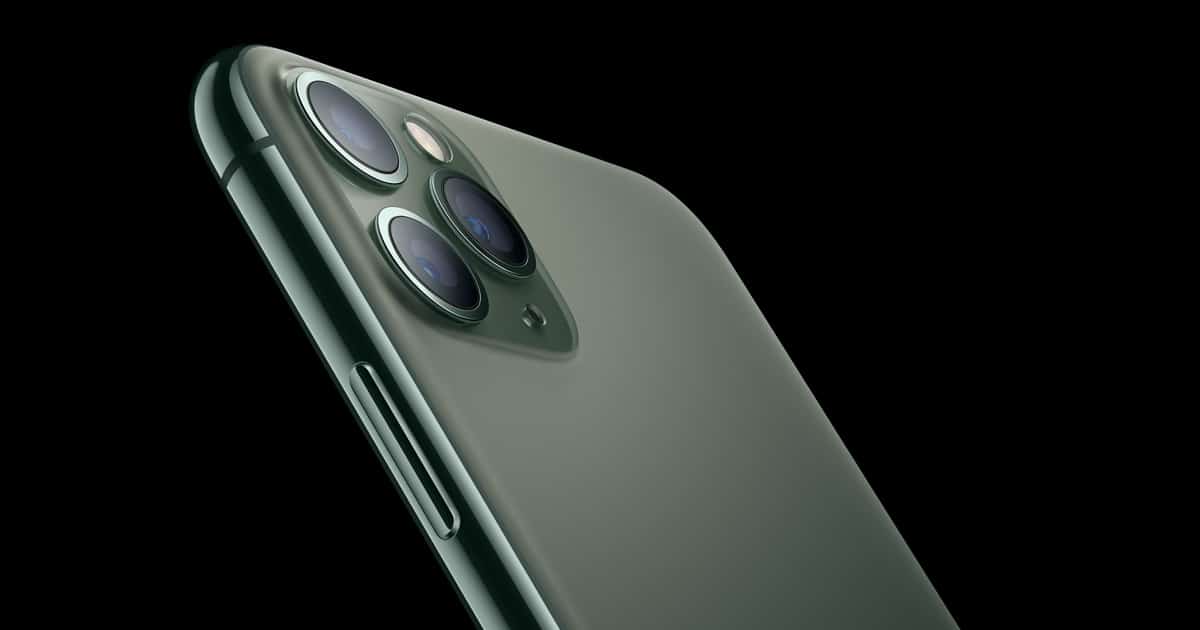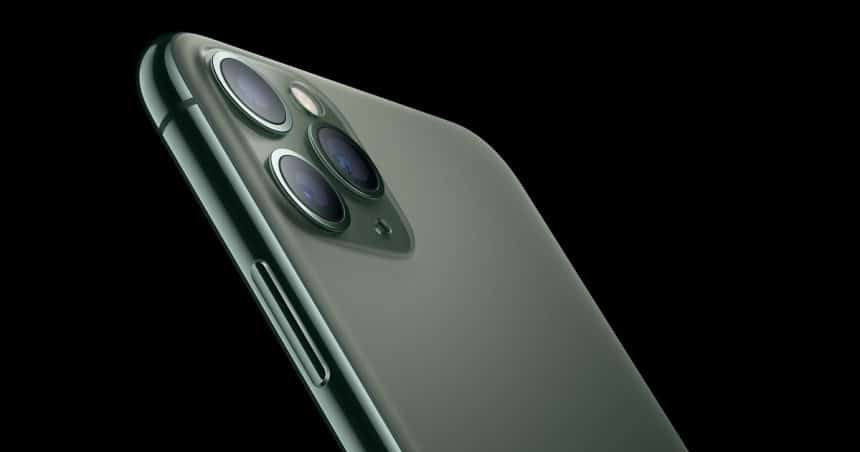Apple has officially classified the iPhone 11 Pro Max and the Apple Watch Series 3 as vintage products. Both devices, now more than five years old, join a growing list of Apple products that are no longer sold but still eligible for limited repair services.
What “Vintage” Means for Users
Apple uses the term “vintage” for products that stopped being sold more than five years ago but fewer than seven. During this period, the company and its authorized providers will continue to offer repairs if parts remain in stock. Once a device passes seven years, Apple marks it “obsolete” and discontinues all support.

This means the iPhone 11 Pro Max and Apple Watch Series 3 still have about two years of service availability left before reaching obsolete status.
Milestones for Each Device
The iPhone 11 Pro Max, released in 2019, made headlines as the first iPhone with a triple-camera system. It also introduced the “Pro” branding, which has since become a mainstay in Apple’s product line.
Meanwhile, the Apple Watch Series 3, launched in 2017, was the first watch in the lineup to feature built-in cellular connectivity. It also introduced a barometric altimeter for measuring elevation. Despite its age, Apple continued to sell the Series 3 as an affordable option until 2022, making it one of the longest-running models in the lineup.
The Road to Obsolescence
For now, owners of these devices can still seek out repairs, though availability depends on Apple’s stock of replacement parts. Once the two-year countdown ends, however, users will no longer have official support.
The change serves as a reminder of how quickly technology cycles move. What were once flagship products are now nearing the end of their official service life, highlighting Apple’s steady pace of innovation and its strict product lifecycle policy.












